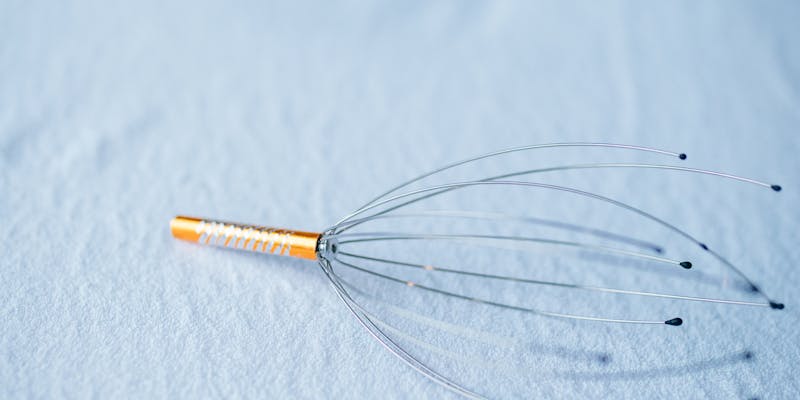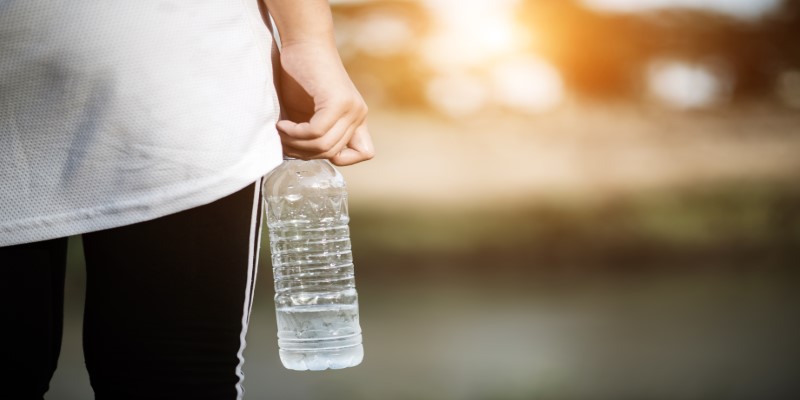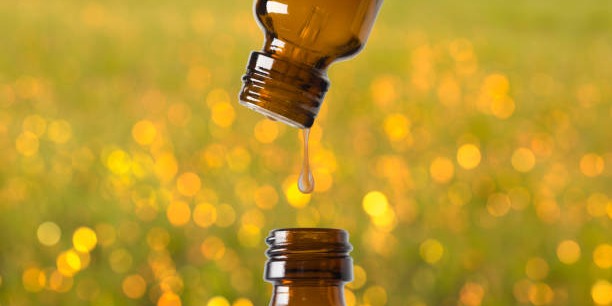Lack of enough water, to be effectively used in the functioning of the body can lead to dehydration. It can result from various causes such as taking few fluids, sweating unnecessarily or disturbed by indigestion.
Dehydration can cause symptoms like thirst, dry mouth, headache, fatigue and dizziness. However severe cases of dehydration may be managed by drinking a lot of water alongside other types of drinks and consuming high-water food including fruits vegetables and avoiding activities that might cause loss of water. Knowledge of dehydration's risks and symptoms will help you stay healthy and energetic.
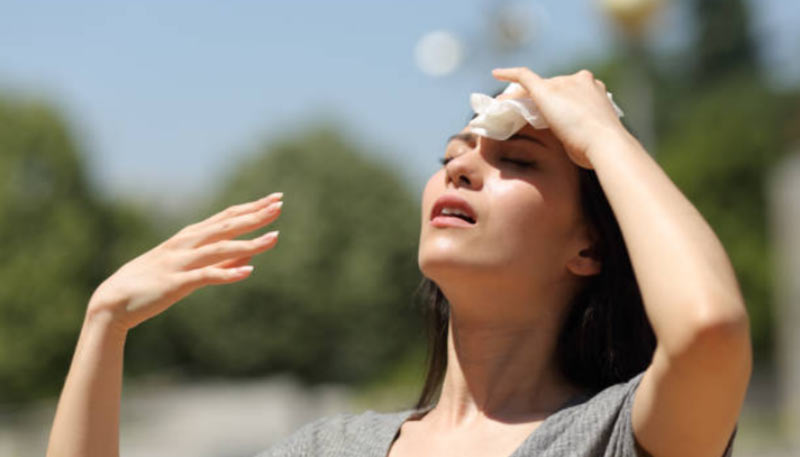
Symptoms
Dry Mouth and Lips
When you are dehydrated, it is possible to notice that your mouth feels dry while the lips crack up. Decreased production of saliva could be one reason for this dehydration however water helps with keeping the mouth moistened which can remove this uneasiness if taken in a glass full of water.
Dark Urine
Dehydration can be proven by the color of urine, the second indicator. If you're hydrated well, urine will usually be pale yellow. But, when hydrated, the urine can become darker in color, showing that the body needs more liquids.
Fatigue and Weakness
Dehydration is also the reason why you might feel exhausted and weak. A low fluid level in your body makes you feel less energetic and can cause exhaustion. Taking in water helps restore liquids that were lost and keep your energy up.
Rapid Heartbeat and Breathing
In cases of dehydration, which goes to a severe stage, your heart can beat faster, and your breathing may become more rapid. This response results from the body's effort to balance itself against the lack of fluids and maintain adequate oxygen.

Causes
Not Drinking Enough Water
One of the primary reasons behind dehydration is drinking less water. Water in our bodies is lost every day through our pores, mouth, and during urination. Our bodies will become dehydrated if we don't replace as much water we are losing with enough drinking water. This could occur if we need to drink more water regularly or if drinking small amounts is not our daily habit.
Excessive Sweating
Sweating is a process of excessive water loss from our bodies during fitness exercises like high-intensity or in hot weather. But if there is no way we can let our body replace the water lost through sweat, we can become dehydrated.
Vomiting and Diarrhea
Vomiting or diarrhea as symptoms of such diseases as the stomach flu or food poisoning causes dehydration. When we either vomit or suffer from diarrhea, our fluid drops rapidly, and if insufficient water or electrolyte fluid is also not taken, then absolute dehydration can occur.
Certain Medications
Some medications such as diuretics or drugs that produce nausea or diarrhea as side effects can raise chances of dehydration. Diuretics help to remove excess fluids through increased urine production and this may result in fluid loss. Some antibiotic medications cause vomiting or diarrhea leading to loss of fluid resulting in dehydration. It’s important to take sufficient fluid and measure volumes of liquids taken when commencing any medication which can increase likelihoods for dehydration.
Fever
Fever is another reason, which may additionally lead to dehydration. For example, illnesses that affect body temperature, like fever, might cause us to sweat more than ordinary because our body is trying to settle down. This sweating contributes to the loss of fluids, a situation that, if no longer improved by sufficient water, can result in dehydration.
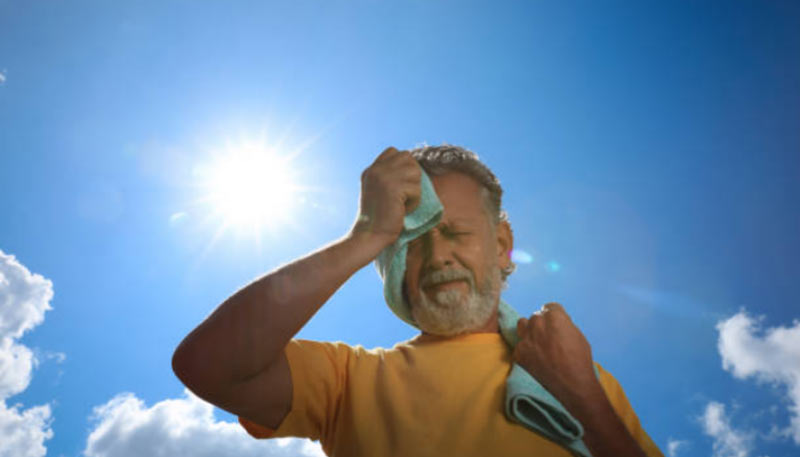
Treatment
Rehydration
To start with, the most important way of treating dehydration is to drink water and other liquids so as to rehydrate the body. Water is a preferable method for moderate dehydration; in fact it is the easiest one. However, if dehydration becomes worse or symptoms of vomiting and diarrhea are evident ORS electrolyte solutions could be required. These solutions contain just the right amount of electrolytes and glucose making body absorb water more easily.
Consume Water-Rich Foods
Besides drinking water, food consumption with high water content plays a significant role, too. Thus, dehydration levels can be prevented. Fruits such as watermelon, oranges, and strawberries, and veggies like cucumber
Try Coconut Water
Coconut water is a 100% natural solution to replace sports drinks. Unfortunately, almost all sports drinks are synthetic and packed with sugar. It is an ultra-high potassium, sodium, and magnesium-containing electrolyte that helps to restore body fluid loss and maintain hydration. Apart from that, it has a few kilocalories and is without added sugar, so it's a very healthy way to rehydrate yourself. Bers and tomatoes are the best to eat.
Herbal Teas for Hydration
Some herbal teas like chamomile, mint, and hibiscus can also satisfy your hydration needs by being added to your daily consumption. They allow you to relax your body while replacing fluids lost during your body's activity. The caffeine in caffeinated teas makes you go to the bathroom more, so the dehydration gets worse. So avoid caffeinated teas to stop dehydration.
Conclusion
Lack of water may eventually cause symptoms like thirst, dry mouth, and fatigue. It's commonly due to insufficient liquids, excess perspiration, and various health problems. But luckily, there exist entirely natural ways to prevent and treat this condition.
Drinking enough water, introducing water-loading fruits and vegetables into your diet, and avoiding excessive heat exposure and activity in the hottest temperatures of the year will help you stay adequately hydrated. Try to highlight and understand the messages that your body is sending to you. Ensure you stay hydrated to have enhanced inner strength and well-being.so read this article carefully to learn about the dehydration symptoms, causes, and natural treatments.
